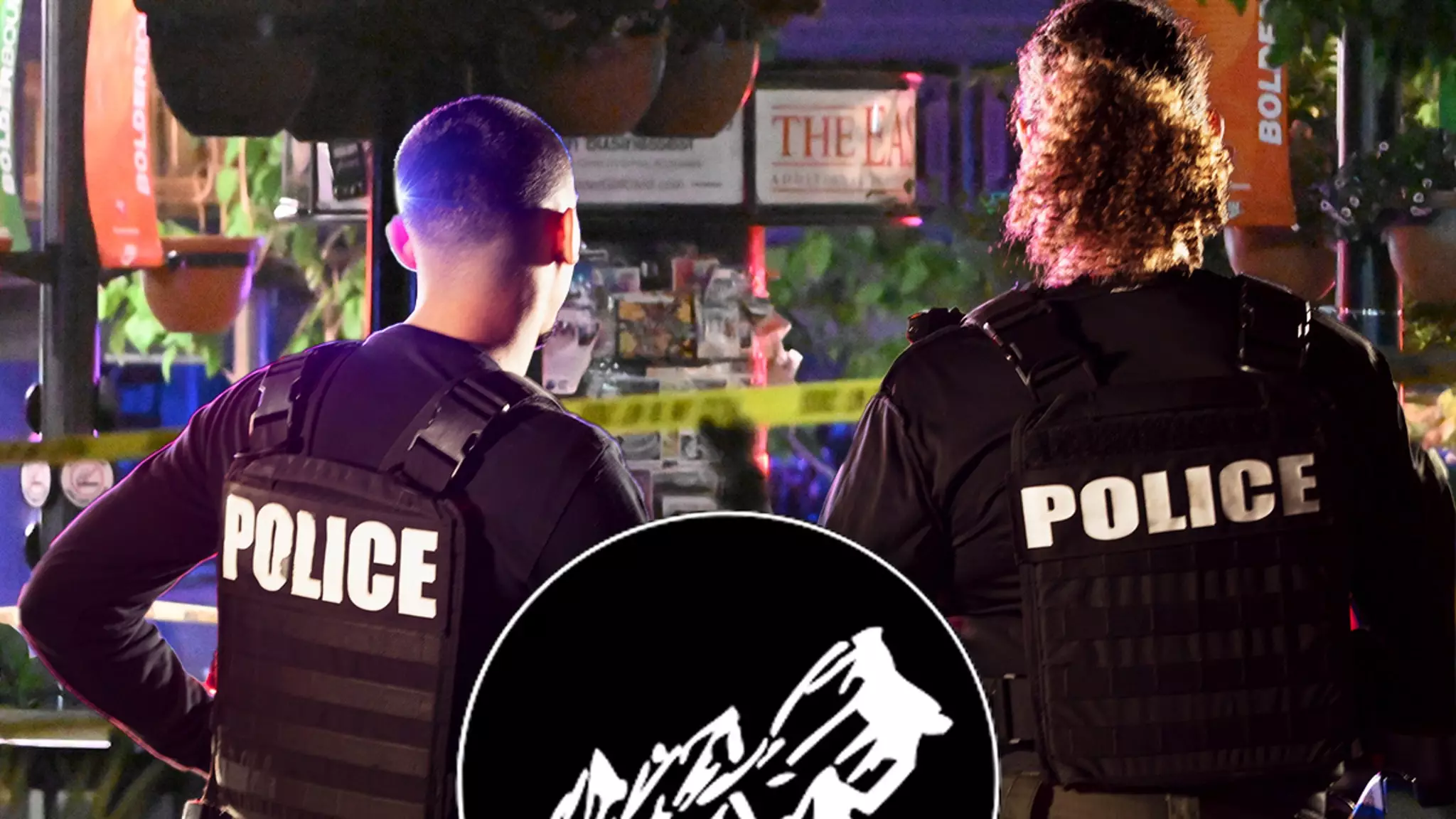In a shocking display of violence, the Boulder community found itself grappling with the aftermath of a brutal attack targeting a pro-Israel group. On a peaceful Sunday afternoon, Mohamed Sabry Soliman allegedly unleashed chaos at the “Run for Their Lives” walk, hurling Molotov cocktails and wielding a makeshift flamethrower. The incident left eight individuals injured, with one reportedly in critical condition. This brutal act, framed by escalating tensions in geopolitical discourse, is more than a mere crime; it underscores a disturbing reality about the rise of political violence in America.
A Profile of Violence in the Shadows
The profile of Soliman, a 45-year-old resident whose visa had expired in February 2023, raises questions beyond the immediate legalities of his actions. While the attack’s specifics are undeniably harrowing, it is essential to examine the broader landscape of societal discord that breeds such violence. Soliman’s purported rallying cries of “Free Palestine” during the assault reveal how deeply political sentiments can spiral into harmful actions. His case, currently enveloped in FBI scrutiny—characterized as a “targeted terror attack” by authorities—mirrors a more extensive pattern of increasing hostility directed at minority groups, igniting fears and frustrations on all sides.
Beyond the Incident: The Cultural Implications
What happened in Boulder is not an isolated event but rather a symptom of a much larger malaise affecting various communities in America. Rising anti-Semitic sentiments are creating a perilous environment for Jews, mirrored by corresponding violent outbursts from all ends of the political spectrum. Legal analysts and social commentators express profound concern as this marks not just a crisis of individual morality but a rupture in the social fabric that holds diverse groups together. Attacks like those witnessed on that fateful day propel deeper narratives: intolerance is overtaking empathy, and rage is eclipsing reason.
Legal Ramifications and Public Sentiment
Soliman’s charges—two counts of first-degree murder and a host of other severe allegations—are more than just legal matters; they fuel public discourse regarding justice and accountability. The media coverage is rife with calls for action against the roots of political violence, yet it risks sensationalizing individual cases without addressing the underlying issues. Critics argue that focusing solely on the perpetrator detracts from the multifaceted challenges of social unrest and radicalization, which flourish in unchecked environments of hate.
The Way Forward: Addressing the Roots of Hatred
To truly comprehend and prevent incidents like the Boulder attack, society must confront not only the individuals engaged in violent acts but also the systemic issues that enable hatred to fester. Dialogue must be fostered between opposing viewpoints to heal divisions, while communities should invest in educational programs that promote understanding and empathy. In grappling with political violence, there is a consequential shift needed—not just in how laws are enforced, but in how society chooses to engage with its diverse mosaic of identities. Recognizing are the interconnected nature of these issues can pave the way for healing and ultimately, for the flourishing of dialogue over discord.

